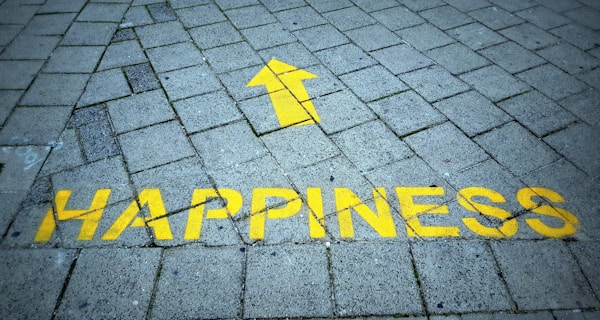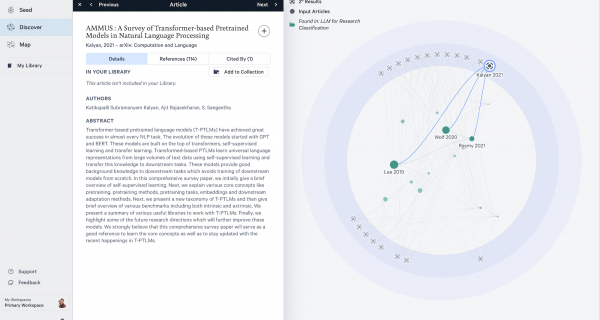Why Taking Breaks at Work Matters: Insights on Employee Behavior and Motivation
New research shows that ensuring employees take breaks when needed benefit both organisations and workers, as breaks can help employees stay refreshed and energised on the job without compromising performance.

The importance of taking breaks during the workday has been highlighted by research showing that breaks can have a positive impact on productivity, creativity, and well-being. However, not all employees take breaks during their workday. In a recent study published in the Journal of Business and Psychology, researchers sought to examine the relationship between workload, break-taking behaviors, and self-regulation.
The study was conducted in two parts. The first study involved a survey of 272 employees across a variety of industries. The second study involved a daily diary study of 99 employees over a two-week period. The results of both studies showed that workload was an important predictor of break-taking behaviors. Specifically, employees who experienced high workloads were more likely to want to detach from work and take a break due to negative experiences such as fatigue, negative affect, and performance concerns.
The study drew on two theories of workplace behavior: the Conservation of Resources (COR) theory and the Effort-Recovery (E-R) model. Both theories suggest that employees need breaks to recover their resources and manage the negative effects of stress and high workloads.
The study’s findings support these theories, as employees reported wanting to detach from work and take breaks due to negative experiences resulting from high workloads, such as fatigue, negative affect, and performance concerns. However, the study also found that work environments that discouraged breaks deterred employees from taking breaks, even when they desired to detach from work.
Interestingly, the authors found that the desire to take a break was not always enough to lead to break-taking behavior. The researchers proposed that this may be due to employees’ concerns about expediency – that is, the need to complete work rapidly. When employees feel pressured to complete their work quickly, they may choose not to take breaks, even if they want or need them. This finding highlights the importance of creating a work culture that values breaks and encourages employees to take them.
The study’s results have several implications for both theory and practice. The authors suggest that future research should consider additional reasons for taking a break, such as negative affect and performance concerns. Additionally, they propose that a more complete understanding of break-taking behavior may require a consideration of theory and research that specifically pertain to the manner in which employees regulate their emotions and performance.
From a practical standpoint, the study’s findings suggest that employers should create a work culture that values breaks and encourages employees to take them. Employers can do this by providing opportunities for breaks, such as lunch breaks or rest periods, and by communicating the importance of breaks to employees. Employers should also ensure that employees do not feel pressured to work through their breaks or that taking a break will be seen as a sign of weakness or lack of productivity.
Breaks are an essential part of workplace wellness, and research shows that they can benefit both employees and employers. By understanding the factors that influence break-taking behavior and creating a work culture that values breaks, employers can help their employees manage stress and workload while improving productivity and job satisfaction.






















































































